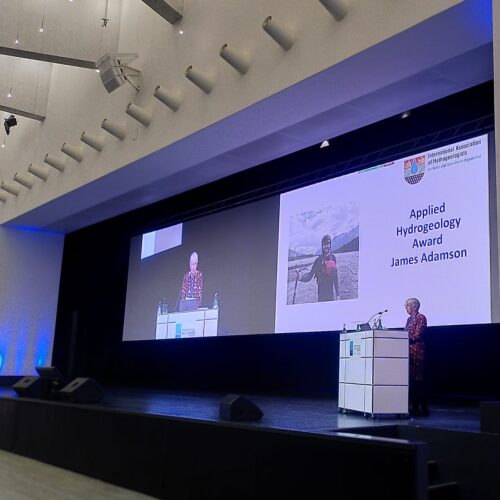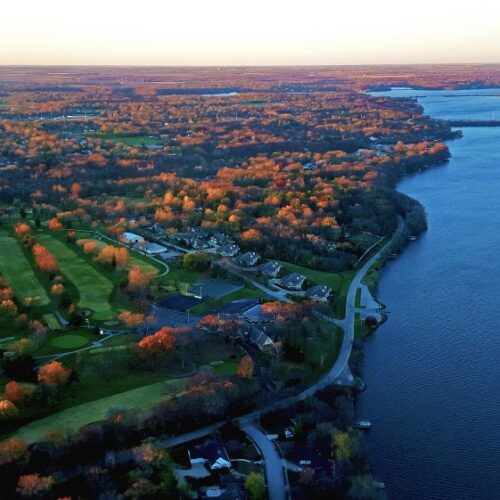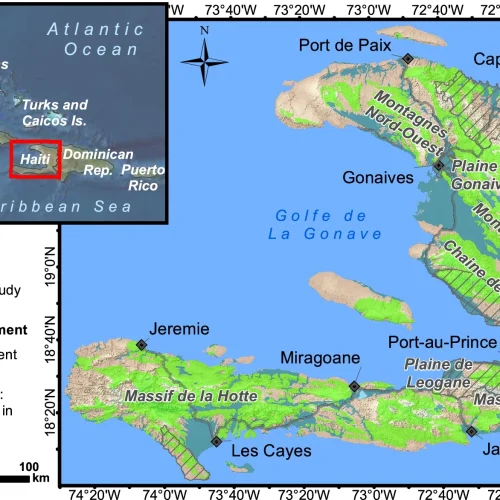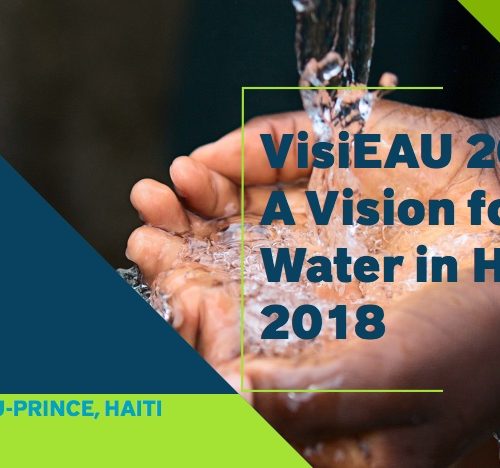- Phone: 1.844.466.7849
- Email: info@northwaterco.com
Muck munching: a feasibility study for in-lake organic sediment management, Upper Fish Lake, Indiana
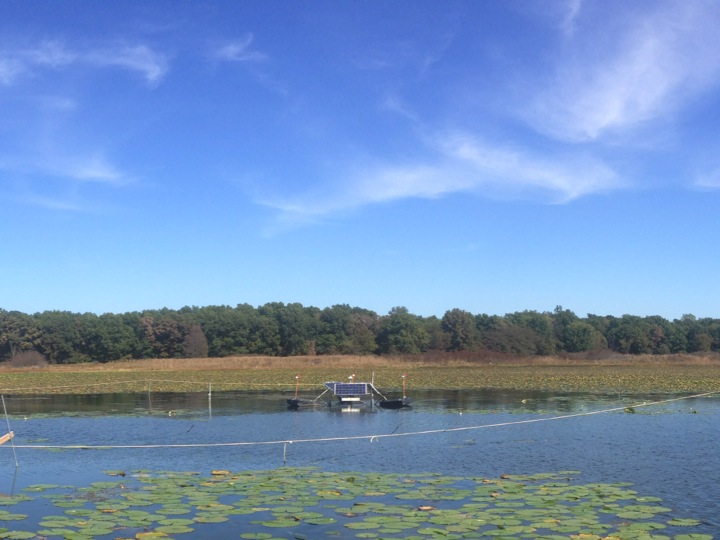
Javan Miner presented at the 28th Annual Lakes Management Conference in Plymouth Indiana on March 11.
Northwater_Muck_Munching_ILMS_opt1
Muck munching: a feasibility study for in-lake organic sediment management, Upper Fish Lake, Indiana
Javan Miner, Jeff Boeckler, James Adamson
Abstract: Accumulation of sediment is a primary concern of residents and recreational users of Fish Lake, Indiana. Past studies determined that between 1990 and 2014 up to 5 feet of sediment accumulation occurred, primarily of organic composition. Sedimentation has led to the expansion of weed beds, and a decline in water quality, fish populations and diversity. Low dissolved oxygen concentrations at the sediment interface were recorded, suggesting an unhealthy benthic environment unable to digest accumulating organic material. In this context, a focused and cost-effective pilot study was executed to evaluate the effectiveness of aeration technology and microbial augmentation at managing organic sediment accumulation. Study zones were established to monitor dissolved oxygen and sediment conditions over a seven-month period; these zones included microbial augmentation only, aeration with and without microbial augmentation and a control zone. A SolarBee™ mechanical circulating aerator was installed and Biodyne® Environoc 301 was injected monthly into the sediment to introduce benthic microbes. Data loggers were installed to measure dissolved oxygen and monthly monitoring of sediment was performed. The results suggest that microbial augmentation as a sole practice had limited effectiveness due to the poor dissolved oxygen conditions. The aerator was effective at improving dissolved oxygen concentrations, and the most definitive measurements of sediment reduction occurred where both aeration and microbial augmentation were applied. Although further monitoring is recommended to guide decision-making, results over one study season suggest that aeration and microbial augmentation could be an effective tool for organic lake sediment management and water quality improvements.
Have Questions for Us?
We are happy to answer any questions you might have!

